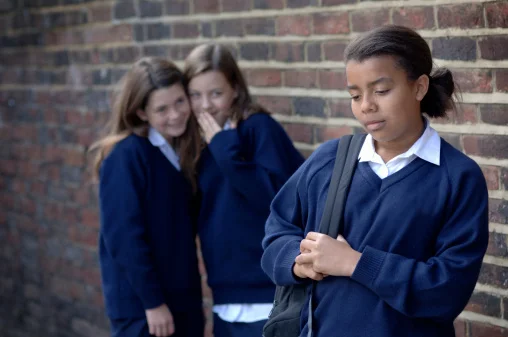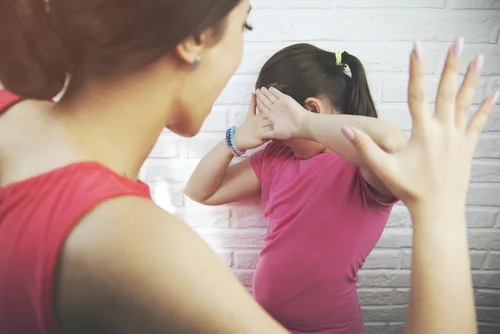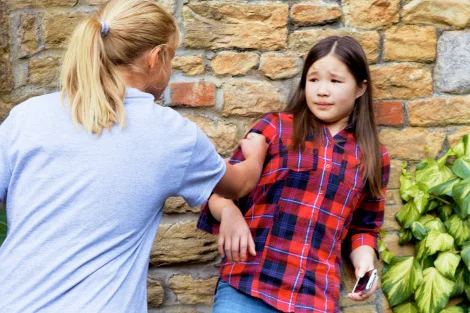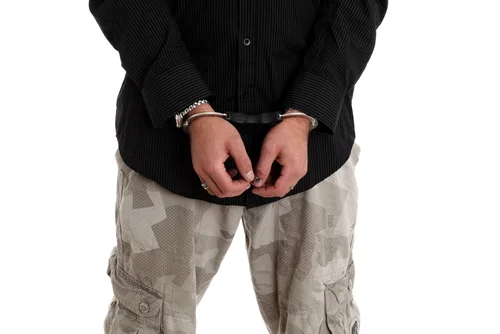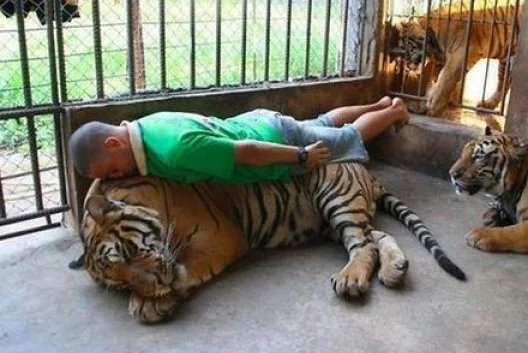+1 845 259 2974 (11 a.m to 7 p.m CST)
Popularity in middle and high school has its side effect - bullying
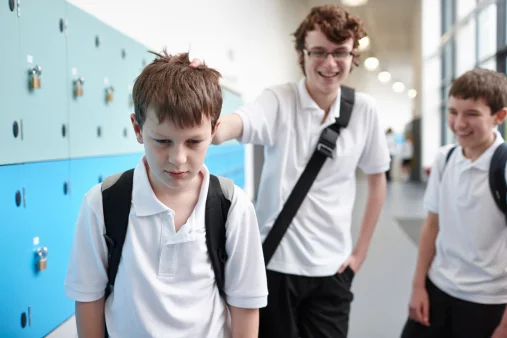
This is a popular belief that bullies choose their victims based on different traits like race, ethnicity, appearance, sexual orientation and level of socialization. The more distinguished they are from others, the more chances of picking up on them. However, the stereotype breaks when popular kids at middle and high school are bullied by their peers. Although researchers say that popular kids being bullied is not a new phenomena, but it’s shocking every time it happens.
So, let’s find out the reasons behind it.
Experts’ opinion
According to a research paper published in “American Sociological Review”, the more popular the victim of bullying, the more depressed, anxious and angry they get. Researchers believe that with increase in popularity and social hierarchy at school, popular kids become more vulnerable to bullying by their rivals. The study suggests that students who are at the upper hierarchy of the social stratum at the school have more to lose than those who are in the position of relative social isolation.
The blur lines of bullying
Victimization of a popular kid at school is often misunderstood for drama, getting even or beef. Therefore, this sort of bullying usually goes unreported and unaddressed. The co-author of this research, Robert Faris, also associate professor, Sociology at the University of California-Davis, found out that popular kids tend to become more aggressive, in order to safeguard their position from the rivals.
Another reason given by researchers is the urge of students at lower hierarchy to move up the ladder of popularity and fame. In order to bring down “Queen Bee” or “King” from their throne, students become bullies to gain social status and power. Researchers explained, "We don't want to suggest that this is the only way that kids become more or less popular, but this is one way that some kids seem to climb the social ladder."
Time to be more alert
The covert victimization of popular kids at school usually goes unnoticed by their teachers and parents. Whether it’s a cheerleader, captain of the school sports team or a social butterfly, their grievances are often misunderstood as mood swings or stress.
Susan Swearer, professor of school psychology at the University of Nebraska-Lincoln and co-director of the Bullying Research Network said, "These kids, within their pairs of friendships, can be targeted as well” that can result in significant mental health issues.
Keeping in view the presence of bullying across board, researchers agreed that there is a need to adopt "anti-bullying interventions that focus on the entire school."
Source: https://www.usatoday.com/story/news/nation/2014/04/01/bullying-school-popularity-competition/7022965/


